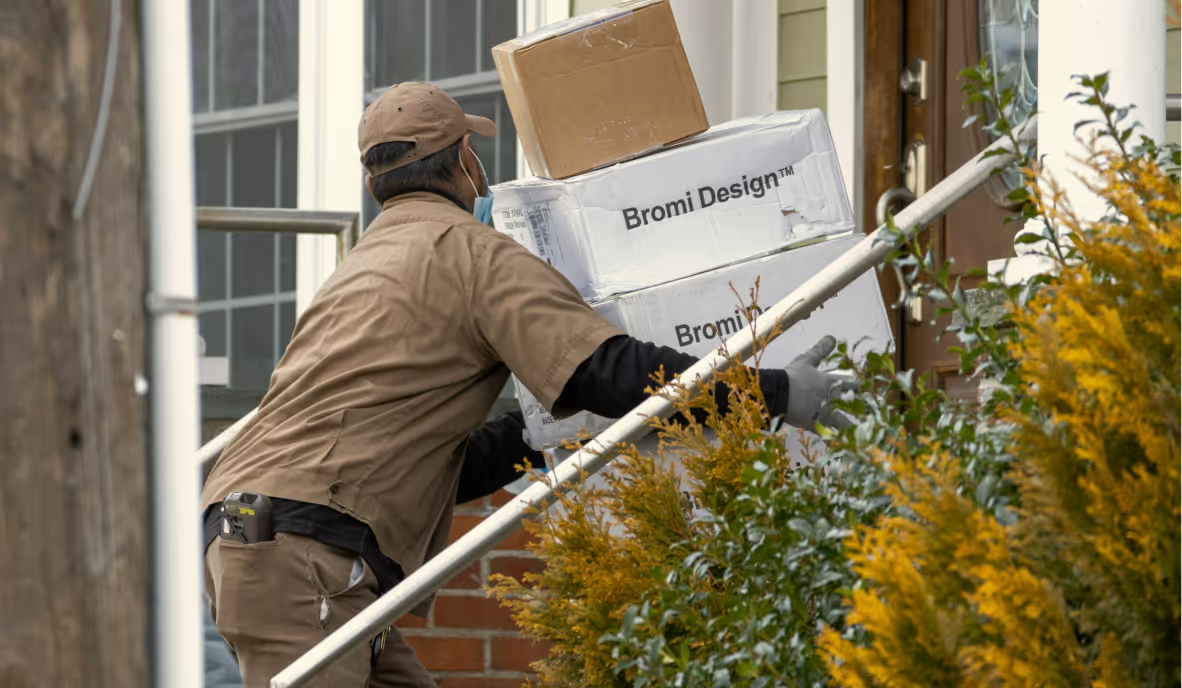The Climate Impact of Convenience Culture

Join the community





When you think of online shopping, Amazon is likely to come to mind. That's because Amazon excels in the key aspects of online shopping: price, speed, and convenience.
Seeing Amazon's success, competitors and small retailers are copying its strategy, offering discounted products you can order with a few clicks and have delivered to your door within hours or a day.
But this convenience comes with a significant environmental cost.
{{cta-join3}}
Environmental Impact of Online Shopping
Most online products come wrapped in plastic and packed in shipping cartons. Single-use plastic, made from fossil fuels, is hardly recycled and usually ends up in landfills. To produce cardboard cartons, billions of trees are chopped down every year.
Research shows that online shopping has a lower shipping footprint compared to traditional shopping, but the stats change when you factor in fast shipping. Same-day and instant deliveries force retailers to send out half-filled trucks and vans, increasing emissions and congestion.
By 2030, the number of delivery vehicles will increase by 36%, reaching around 7.2 million. This will add about 6 million tonnes of CO2 emissions and increase commute times by 21% due to heavier traffic.
Easy and free returns further add to the waste and emissions problem. Retailers offer it because consumers demand it. One study shows that 79% of consumers want free return shipping, and 92% are more likely to buy again if they can easily return items.
We are seeing similar patterns in other industries, such as food delivery, where convenience is worsening the climate crisis.
Food delivery apps make it easy to order from your favorite restaurants. However, the food often comes packed in single-use plastic and brown paper bags. While brown paper bags create less litter compared to plastic, they generate more emissions than plastic.
What Can We Do as Consumers?
We know giving up convenience is tough. But we can take small, slightly inconvenient steps that are better for the planet:
- The 24-hour rule: Leave the item in your online shopping cart for a day before making a decision.
- Borrow instead of buying: Before you buy new products, consider exploring borrowing options such as Buy Nothing groups.
- Avoid items you're likely to return: This will reduce waste and save you the trouble of return logistics.
- Shop secondhand first: Look for secondhand items in online marketplaces and thrift stores.
- Combine your orders: Consolidate your orders instead of making multiple small purchases.








.jpg)



